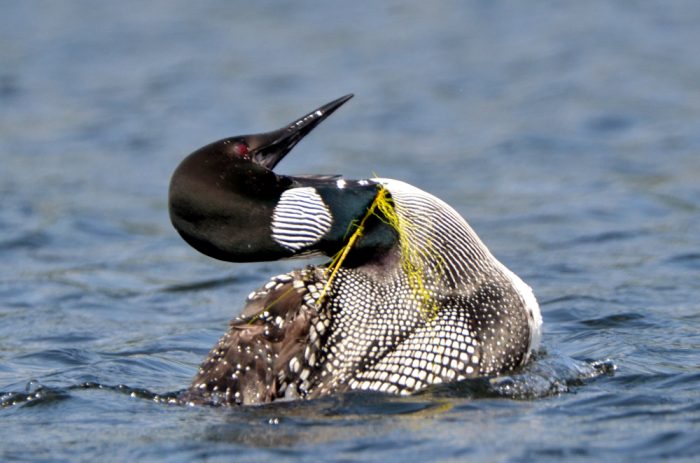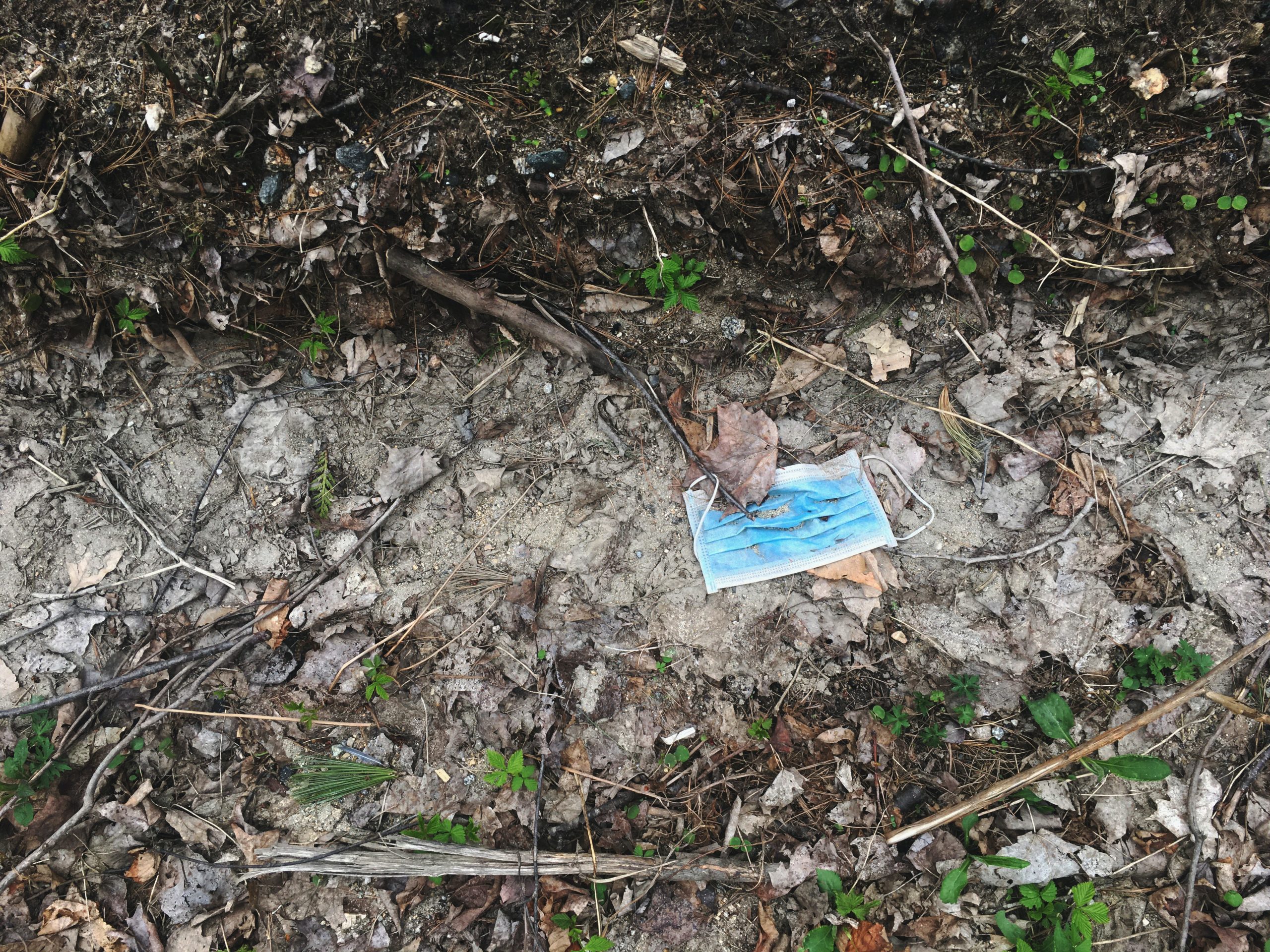Support Us
Since 1979 more than 140,000 animals have been treated by Wildlife Rescue.
Thanks to the support of individuals like you, Wildlife Rescue can provide a lifeline for animals in distress.
As winter sets in, wildlife faces severe challenges – from dwindling food supplies and freezing temperatures to ice-covered water sources. Your generous gift can help provide critical care for these vulnerable animals, offering them the resources they need to survive and recover. With your help, injured wildlife can return to the wild.
We are at a historic moment in time – a global pandemic has shut down borders and slowed down our world for the first time in decades, allowing us to spend more time with our loved ones. But while our lives have slowed down, issues such as climate change have not.
COVID-19 has pushed the world to return to using disposable bags, increased take-out containers and plastics to follow health and safety protocols and ensure a no-contact policy. This step backward is even more important today to do our part and continue protecting the environment.
Wildlife Rescue provides care to hundreds of animals each year including the Glaucous-winged gulls, pigeons, crows, ravens, and some small songbirds due to improperly discarded waste in the environment. These injuries cause tears, rips and in some cases create difficulty breathing and lead to death in some wildlife.

Every year, approximately 17.6 billion pounds of plastic containers, fishing line hooks, hair are a few of the items that get dumped into the ocean causing harm to wildlife. The items often get tangled up with wildlife (both in the sea and on land) and join the ever-expanding Great Pacific Garbage Patch.
Recently, an increasing number of masks and gloves are being found as litter in city parks, laneways, on the road and in the water in every city, province and around the world. Not only can wildlife get tangled up in mask loops, but they also can confuse them for food, like how they confuse plastic bags for food. Single-use masks and gloves are made from polypropylene, a plastic made from fossil fuel that breaks down over hundreds of years, releasing microplastics in oceans and rivers in the meantime – harming both humans and marine wildlife.

When animals (such as birds) get tangled up in mask loops, they become immobile, making it hard for them to find food or water and making them vulnerable to predatorial attacks.
Fortunately, there are simple solutions to reduce our carbon footprints and help our local wildlife.
How to Help
Interested in supporting local wildlife? You can help by:
Of course, helping injured birds is another way to make sure we are protecting wildlife. If you see a bird that has exposed bone or blood, bugs or insects covering it, no feathers, or a bird that is sleeping, human intervention is required. Please contact our Support Centre for assistance.
While the challenges of the past year have brought drastic changes to our lifestyles, we can still make sure that we help others. Making sure our protective equipment does not harm wildlife is an easy way to do so!
Help protect your local wildlife today!